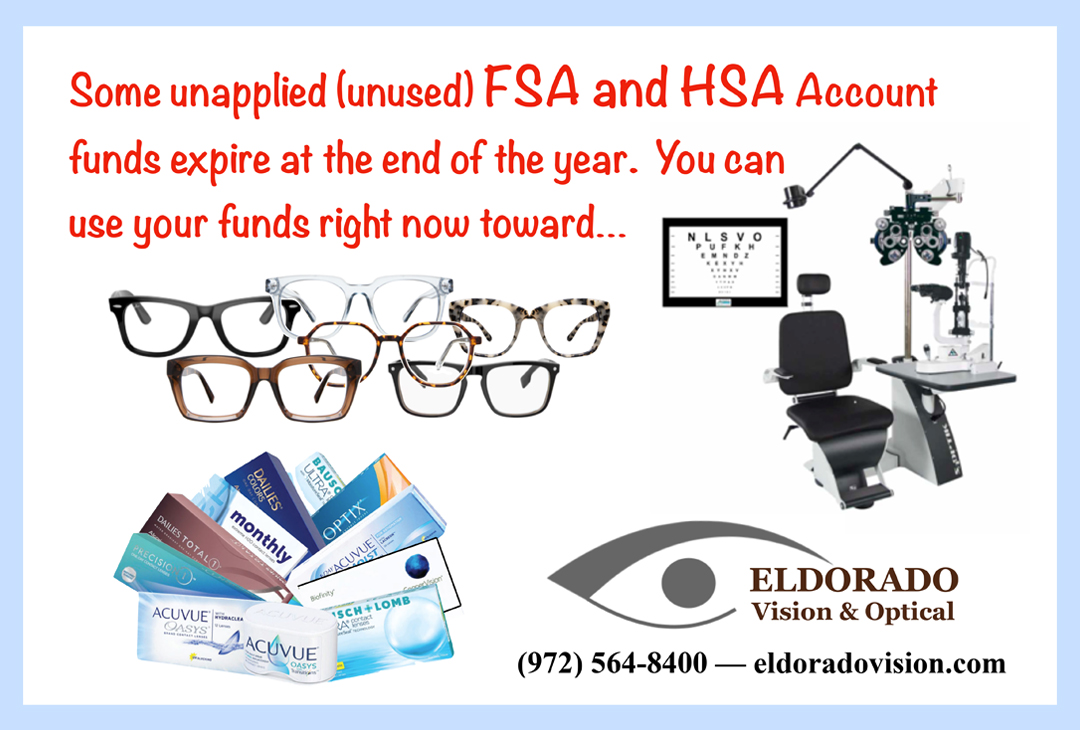
Contact lenses have become an increasingly popular choice for vision correction, offering a convenient and discreet alternative to traditional eyeglasses. Whether you're an avid wearer or considering making the switch, it's essential to understand the importance of contact lens safety and care.
The Importance of Contact Lens Safety and Care
Contact lenses are a medical device that directly interact with your eyes, and as such, they require diligent care and attention. Neglecting proper safety and maintenance can lead to a host of issues, ranging from eye infections and irritation to more serious conditions like corneal ulcers or even vision loss.
By prioritizing contact lens safety and care, you're not only safeguarding your eyes but also ensuring a more comfortable and enjoyable wearing experience. Proper lens care can extend the lifespan of your contacts, prevent costly replacements, and ultimately contribute to your overall eye health and well-being.
Proper Care and Cleaning of Contact Lenses
Maintaining the cleanliness of your contact lenses is paramount to preventing eye infections and irritation. Here are the essential steps to properly care for and clean your contacts:
• Wash Your Hands: Before handling your contact lenses, always ensure that your hands are thoroughly washed with soap and water, and dried with a clean, lint-free towel. This helps to remove any dirt, oils, or bacteria that could be transferred to your lenses.
• Use the Recommended Solution: Never use water, saliva, or any other liquid to clean your contact lenses. Instead, use the specific contact lens solution recommended by your eye care professional. These solutions are designed to effectively remove buildup and disinfect your lenses.
• Rub and Rinse: Gently rub each lens with your clean finger to dislodge any deposits or debris, then thoroughly rinse the lens with the recommended solution. This step helps to ensure a thorough cleaning.
• Store Lenses Properly: After cleaning, store your contact lenses in a clean, proper storage case filled with fresh solution. Never reuse old solution, as this can lead to bacterial growth and eye infections.
By following these steps consistently, you'll be well on your way to maintaining the cleanliness and safety of your contact lenses.
Storing Contact Lenses Correctly
Proper storage is just as important as cleaning when it comes to contact lens care. Here are some tips for storing your lenses correctly:
• Use a Clean, Dry Case: Always store your contact lenses in a clean, dry case. Ensure that the case is free of any debris or residue before placing your lenses inside.
• Fill the Case with Fresh Solution: Never store your lenses in water or saliva. Instead, fill the case with the recommended contact lens solution, ensuring that the lenses are fully submerged.
• Avoid Letting the Case Air Dry: After use, be sure to empty and rinse the case with fresh solution. Allow the case to air dry completely before storing your lenses.
• Replace the Case Regularly: As mentioned earlier, replace your contact lens case every 3-6 months to prevent the buildup of bacteria and other contaminants.
By following these storage guidelines, you'll help to maintain the integrity of your contact lenses and reduce the risk of eye infections or irritation.
Understanding the Recommended Wear Time for Contact Lenses
Contact lenses come with specific wear time recommendations, and it's crucial to adhere to these guidelines to protect your eye health. Depending on the type of lenses you wear, the recommended wear time may vary:
· Daily Disposable Lenses: These lenses are designed to be worn for a single day and then discarded. Never attempt to reuse or extend the wear time of daily disposable lenses.
· Bi-Weekly or Monthly Lenses: These lenses are typically designed to be worn for 2 weeks or 1 month, respectively, before being replaced. Adhering to the recommended wear time is essential to prevent eye irritation and infection.
Regardless of the lens type, it's crucial to never sleep in your contact lenses unless they are specifically approved for overnight wear. Doing so can lead to serious eye health issues, such as corneal swelling, infection, and even vision loss.
Why Yearly Contact Lens Corneal Health Exams Are Essential
Regular eye exams are crucial for all contact lens wearers, as they allow your optometrist to assess the health of your corneas and ensure that your lenses are fitting properly. These annual exams typically involve the following:
• Corneal Evaluation: Your optometrist will closely examine the surface of your eyes to check for any signs of irritation, inflammation, or other issues that may be caused by your contact lenses.
• Lens Fit Assessment: They will also evaluate the fit and movement of your contact lenses on your eyes, making adjustments or recommending new lens types if necessary.
• Prescription Update: Your eye doctor may update your contact lens prescription to ensure that your vision remains clear and comfortable.
• Monitoring for Complications: Regular exams allow your doctor to detect and address any potential issues, such as the development of corneal ulcers or other sight-threatening conditions, in their early stages.
By prioritizing these yearly contact lens exams, you're taking a proactive approach to safeguarding your eye health and ensuring a positive wearing experience.
Taking Care of Your Eyes with Proper Contact Lens Safety and Care
In the world of vision correction, contact lenses offer a convenient and versatile solution. However, with great convenience comes great responsibility. Prioritizing contact lens safety and care is essential to ensuring the long-term health and comfort of your eyes.
At Eldorado Vision & Optical, we are committed to providing our patients with the highest level of care and guidance when it comes to contact lens safety and maintenance. Dr. Turner is dedicated to helping you achieve optimal vision and eye health. Schedule your comprehensive contact lens exam today and take the first step towards a lifetime of safe and comfortable contact lens wear. Visit our office in McKinney, Texas, or call (972) 564-8400 to book an appointment today.







